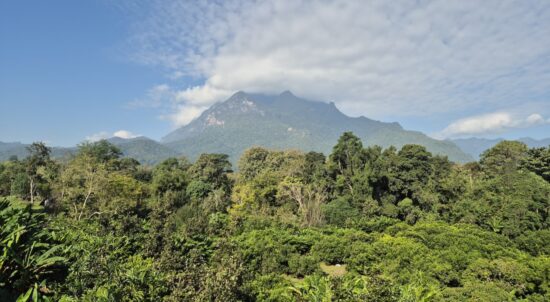Strengthening IAMs: Lessons from Palm Oil Accountability

Why do palm oil complaints yield more results than other agribusiness cases? This article traces a landmark struggle in Indonesia and examines the key role civil society support may play in turning accountability processes into real world outcomes.
Community resistance and development finance failures
In West Kalimantan, Indonesia, Indigenous communities displaced by palm oil operations began to organize against the ongoing land grabs and environmental destruction carried out by the Wilmar Group, a powerful agribusiness conglomerate and one of the world’s top four traders in palm oil. As plantations expanded across their customary lands, residents protested the illegal seizure of forests, the degradation of ecosystems vital to their livelihoods, and the loss of land that had been stewarded by their communities for generations. Despite limited resources, they mobilized, documented harms, and began seeking channels of accountability for the violence done to their land and rights.
The Wilmar Group had long been a recipient of development finance, despite a broader track record of environmental degradation and labor rights violations. Since 2003, the International Finance Corporation (IFC), the private sector arm of the World Bank Group, invested millions into a series of the company’s investment projects. But Wilmar’s palm oil operations in Indonesia quickly drew criticism, with multiple formal complaints from affected Indigenous communities in Indonesia emerging after the IFC investments (in 2007, 2008 and 2011). These complaints detailed the Wilmar Group’s serious environmental and social abuses, including inadequate compliance with IFC operating procedures and due diligence requirements, illegal land grabs, and violations of national oil regulations.
Read the full article here, and subscribe to the Accountability Console monthly newsletter here for more stories like this.

